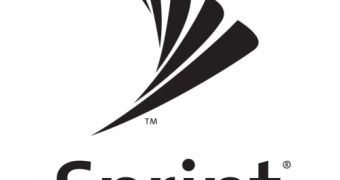Sprint has announced today that it intends to extend the availability of its 4G WiMAX network to more markets in the United States this year, including cities like Atlanta, Charlotte, Chicago, Dallas, Fort Worth, Honolulu, Las Vegas, Philadelphia, Portland and Seattle, which will all benefit from its technology by the end of 2009. At the same time, the company has also said that the service will cover even more markets in 2010, including Boston, Houston, New York, San Francisco and Washington, D.C.
Yet these are not the only plans the third largest North American mobile phone carrier has for the ongoing year and for the year to come. The company has also mentioned that it plans to launch several new 4G devices during the time frame, including “a single-mode 4G data card, embedded laptops, a small-office-home-office broadband modem and a tri-mode phone.”
As many of you might already know, the company already rolled out WiMAX networks in Baltimore last year, and it is also the first one to come to the market with a device that would offer users access to both 3G and 4G networks at the same time, the 3G/4G USB Modem U300, which is available all around the country via Sprint telesales, as well as at the company’s retail stores and local retailers in Baltimore, while featuring a price tag of $79.99 with a $50 mail-in rebate.
“Sprint continues to lead the wireless industry by harnessing the power of WiMAX” said Todd Rowley, vice president of 4G. “The availability of 4G in more places this year and our aggressive expansion of 4G service demonstrates our commitment to provide 4G capabilities and devices nationwide for our business, consumer and government customers. These capabilities enable significantly enhanced performance and productivity for our customers.”
Sprint expects its 4G WiMAX-based network to be able to provide users with rich content, larger file transfers, streaming video and low-latency remote access. One thing that should be noted though is the fact that the company is the only carrier that has plans to roll out 4G networks based on WiMAX, while other operators announced that they planned to adopt the Long Term Evolution (LTE) technology, another form of 4G, which does not need a new network to be deployed, but only requires upgrades to the existing ones.

 14 DAY TRIAL //
14 DAY TRIAL //